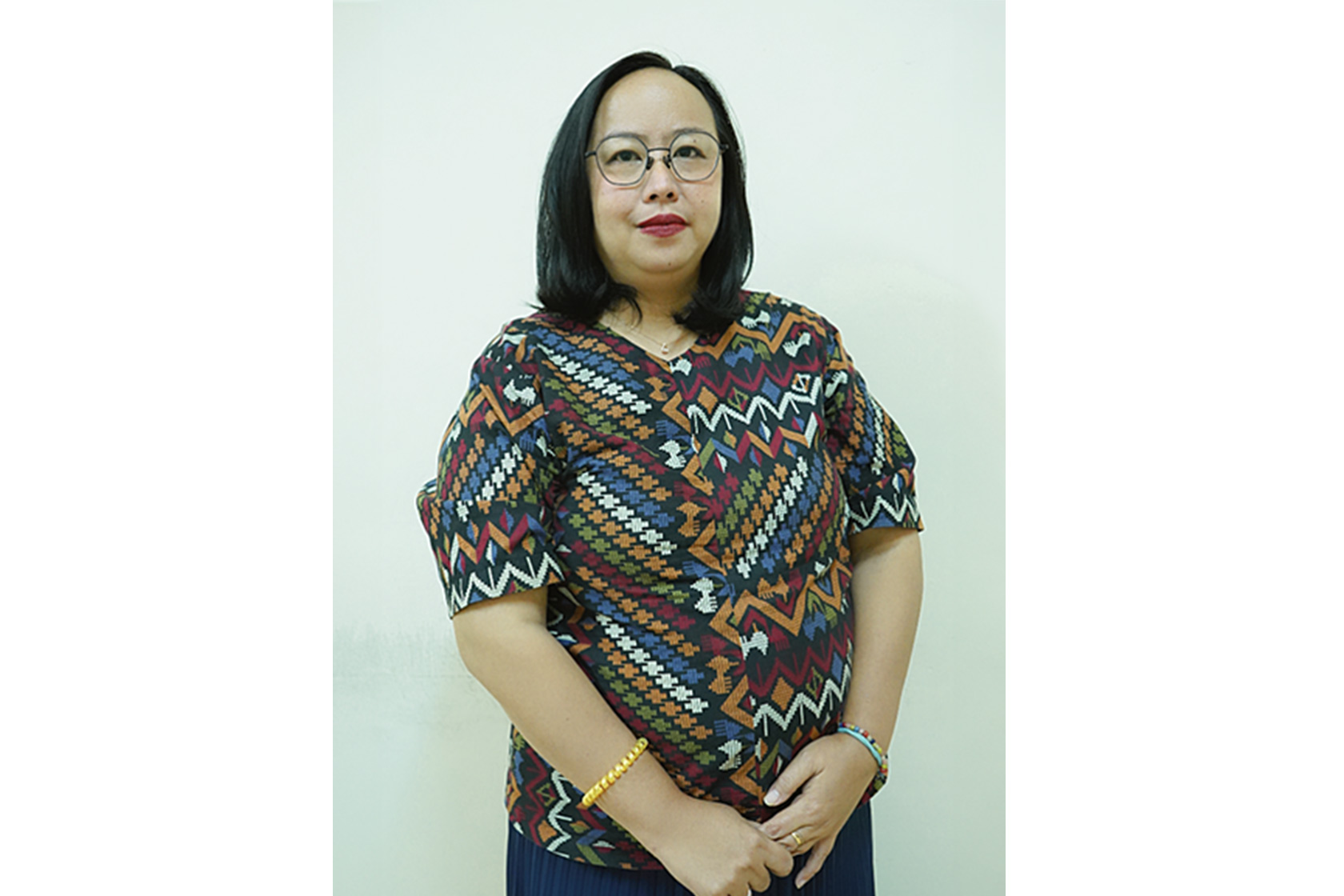
05 November 2024
Join Our Lecture on “How Is a Human-Rights Approach to Disability Applied in Higher Education?”
How can higher education use a human-rights approach to better support students with disabilities? J... Read More
The Australia Awards are prestigious, transformational scholarships and short courses offered to emerging leaders for study, research and professional development in Australia

18 Oct 2024
 Dwi Ayu Kartika Sari: Enhancing Komnas Perempuan’s Role in Tackling Violence Against Women
Dwi Ayu Kartika Sari: Enhancing Komnas Perempuan’s Role in Tackling Violence Against Women
Dwi Ayu Kartika Sari has served in various capacities during her 13-year tenure at the National Commission on Violence Against Women (Komnas Perempuan). Now, as the newly appointed Secretary-General, she faces new challenges in advancing the commission’s mission as a leading human rights institution focusing on gender issues and women’s rights.
For over two decades, Komnas Perempuan has worked relentlessly to protect women from violence, advocating for policy reforms through public awareness, data collection, and incident reporting. Landmark achievements include the Domestic Violence Prevention Law 2004 and the 2022 Law on Sexual Violence Crimes.
However, Dwi acknowledged the systemic challenges that persist, both nationally and globally.
“For example, the United Nations recognises only one human rights organisation per country for accreditation purposes,” she noted, pointing out the difficulties this creates for Komnas Perempuan’s work.
One of Dwi’s first steps as Secretary General is to advocate for Komnas Perempuan’s financial independence by establishing a separate budget committee. Currently, Komnas Perempuan depends on the National Commission on Human Rights (Komnas HAM) for administrative matters, including planning and budgeting.
“Creating an independent budget committee is essential for our growth, but it needs to be handled carefully,” Dwi explained. "Gender-based violence cases require flexibility, and rigid bureaucratic processes can hinder our ability to respond effectively.
Data from the Ministry of Women’s Empowerment and Child Protection, the Service Provider Forum (FPL), and Komnas Perempuan shows that 34,682 cases of violence against women were reported in 2023, with most incidents occurring in private spaces.
Komnas Perempuan aims to establish its independent budget committee by 2029. To reach this goal, the Commission is working with Komnas HAM to lobby key government bodies, including the Ministry of Finance, the State Civil Service Agency, and the House of Representatives.
“We need to demonstrate Komnas Perempuan’s contribution to upholding women’s rights and improving their conditions. At the same time, we are strengthening our civil society networks to ensure the long-term impact of our work,” said Dwi.
Komnas Perempuan is also committed to changing the perspectives of authorities regarding the elimination of violence against women as part of the state’s obligation to fulfil human rights.
“This is a key aspect of our strategy to secure greater attention and support at the policy level for women’s rights issues,” Dwi added.
Designing Impactful Programs
Before becoming Secretary-General, Dwi held various roles within Komnas Perempuan, including as a monitoring coordinator. In her current role, she focuses on institutional governance, including budgeting, reporting, decision-making, and program evaluation. She credited her studies in Australia with helping her develop the technical skills needed to manage these responsibilities.
Her masters degree in Development Studies from the University of Melbourne provided her with valuable expertise in program design and implementation.
“One of the subjects I took was ‘Projects in Development,’ where I learned how to draft proposals and create a logical framework for a program,” Dwi explained. This is essential for preparing budgets and handling secretarial tasks systematically.”
Dwi also drew inspiration from Australia’s policies on inclusion, such as providing accessibility for people with disabilities in public spaces.
"The Australian Government’s policies supporting gender inclusion are not just lip service. These policies have a tangible impact on society," she remarked.
Dwi praised the Australia Awards Scholarship program for offering women the chance to pursue higher education without age limits. Initially, she hesitated to apply for further studies, believing her career with the Commission was settled and worrying about age restrictions. However, after encouragement from a colleague, she applied and was accepted in 2019, beginning her studies in 2022 after delays due to the COVID-19 pandemic.
“At that point, I felt that all doors were closed because I was in my forties,” Dwi said. “But the Australia Awards Scholarship recognises that women often face obstacles in prioritising their education due to family responsibilities. There should not be an age limit for education.”
Continuing the Fight for Inclusivity
Back in Indonesia, Dwi remains committed to Komnas Perempuan’s long-standing dedication to inclusivity. The commission’s efforts go beyond providing physical accessibility, such as lifts, special restrooms for people in wheelchairs, and sign language interpreters. They also include substantive measures like hiring employees without discrimination based on sexual orientation or disability status.
“Komnas Perempuan aims to develop an inclusive organisational governance model that will serve as a reference for other ministries and institutions in Indonesia,” Dwi shared.
In terms of international collaboration, Dwi emphasised the importance of Indonesia’s diplomatic relationship with Australia, which is celebrating its 75th anniversary. This partnership has helped build Komnas Perempuan’s capacity, particularly in advocating for gender policies, including drafting the 2022 Law on Sexual Violence Crimes.
Dwi highlighted that the Australia-Indonesia Partnership for Gender Equality and Women’s Empowerment (MAMPU) was instrumental in advocating for the drafting of the Law. Funded by Australia’s Department of Foreign Affairs and Trade (DFAT) and implemented by Indonesia’s National Planning Development Ministry (BAPPENAS), MAMPU focused on promoting gender equality by shaping policies and regulations.
“We hope to replicate Australia’s policies to create infrastructure that better supports women and other vulnerable groups,” Dwi concluded.
Share this article on:
 Related News
Related NewsThis website uses cookies to improve your website experience. We may also use cookies to analyse website data so that we can improve our online services. To find out more visit our privacy policy.

